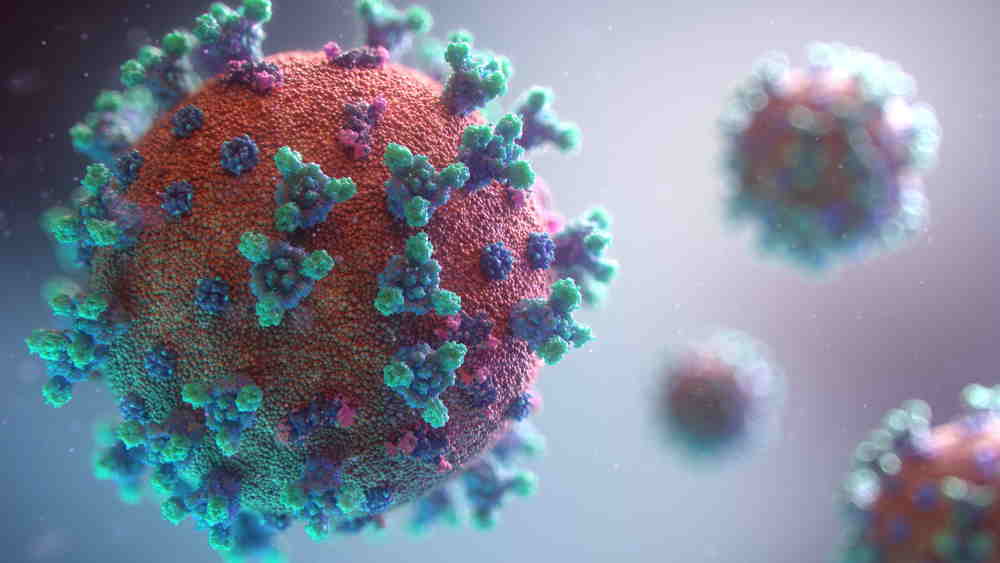COVID-19 and the rebiologisation of racial difference
By Wingel Xue, Alexandre White,
The Lancet
| 10. 23. 2021
In the first months of the COVID-19 pandemic, early dashboards set up by the US Centers for Disease Control and Prevention and the Johns Hopkins University Center for Systems Science and Engineering tracked overall numbers of cases and deaths but provided no demographic breakdown of these statistics. Current data show wide racial disparities in the burden of COVID-19 in the USA, with Latino, Indigenous, and Black people disproportionately affected. Similar disparities are also evident in other nations with histories of structural racism. However, at the outset of the pandemic the focus of some research turned toward biological racial differences as an explanation for differences in COVID-19 morbidity and mortality. Early in the pandemic rumours that members of the African diaspora were immune to SARS-CoV-2 infection circulated in the global media. While public health messaging worked to combat these myths, some researchers began to investigate whether differences in blood type or gene expression could explain why racially minoritised groups were more or less likely to contract the virus. Historians and social scientists, such as Chelsea Carter and Ezelle Sanford III, and...
Related Articles
By Julia Métraux, Mother Jones | 02.10.2026
Why was Jeffrey Epstein obsessed with genes? In the latest tranche of Epstein records and emails made available by the Department of Justice, themes of genes, genetics, and IQ—alongside more explicit threads of white supremacy—keep cropping up, often adjacent to Epstein’s...
By Teddy Rosenbluth, The New York Times | 02.09.2026
Dr. Mehmet Oz has urged Americans to get vaccinated against measles, one of the strongest endorsements of the vaccine yet from a top health official in the Trump administration, which has repeatedly undermined confidence in vaccine safety.
Dr. Oz, the...
By Ava Kofman, The New Yorker | 02.09.2026
1. The Surrogates
In the delicate jargon of the fertility industry, a woman who carries a child for someone else is said to be going on a “journey.” Kayla Elliott began hers in February, 2024, not long after she posted...
By Alex Polyakov, The Conversation | 02.09.2026
Prospective parents are being marketed genetic tests that claim to predict which IVF embryo will grow into the tallest, smartest or healthiest child.
But these tests cannot deliver what they promise. The benefits are likely minimal, while the risks to...




